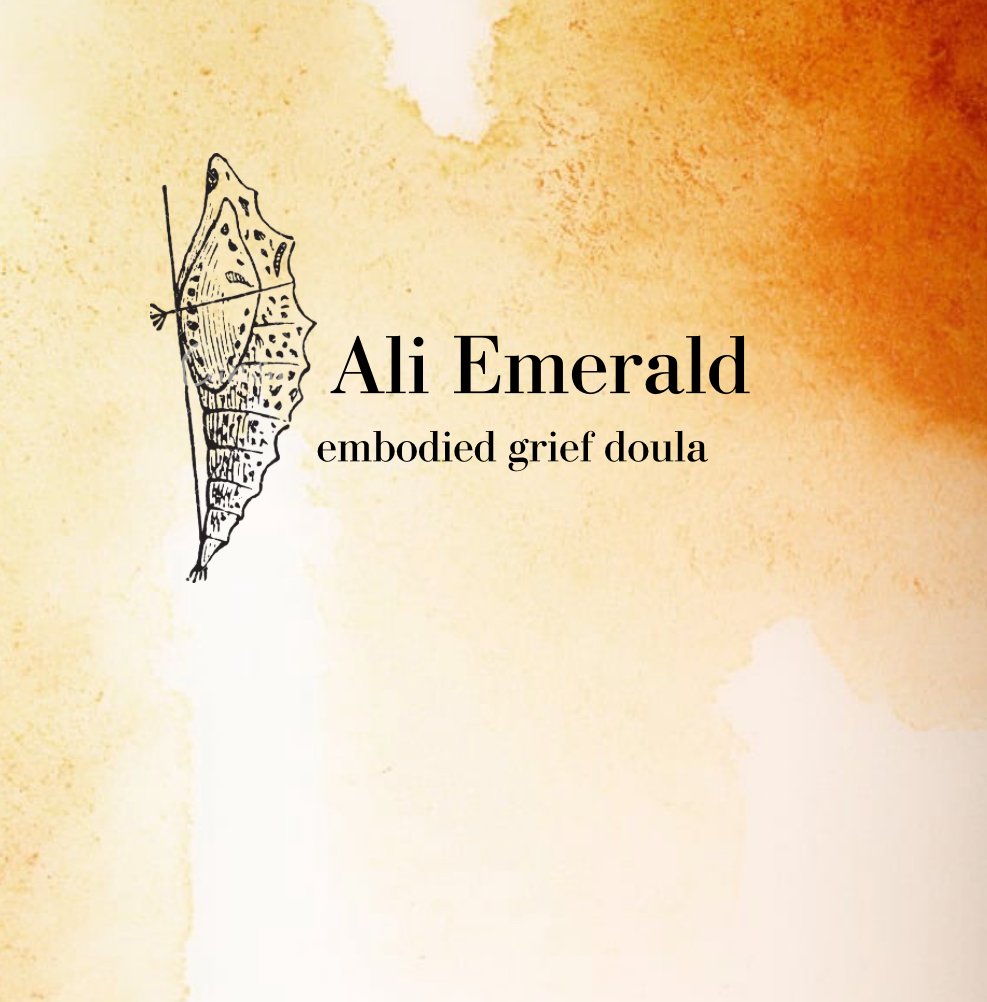The intersection of medicine part 2 - the definition of treatment and pursuit of a diagnosis
“How do you know when it’s time to stop?” It was a question a friend asked me once I’d told her the abridged version of my most recent medical updates, including inconclusive testing and my decision not to pursue more.
Isn’t that the question we all have? When do I stop? Where do I go? Or the dreaded question of what will everyone else think of me if I don’t do x,y,z… Not only am I managing my health, I’m attempting to manage your expectations of my health.
As I pondered this question, I thought of a sentiment I heard from a fellow death doula, and he was speaking of this concept of doing everything we can. It’s one I’ve heard echoed across industries as they relate to medicine, that when individuals say they want extraordinary measures, that they want everything done that can be done, they have no idea what that really means. And I second this, having been on the receiving end of some of this care. There were many times I felt interventions had gone on too far, but in the moment I was either incapacitated or legally not able to make my own medical decisions. I’m grateful to be alive, absolutely, but the general public has no idea how violent and brutal doing everything you can can be. This parrots the thought I heard my death doula friend say, which is that because so much can be done medically, there has become this sentiment that if you can, you should.
I’ve seen it not only at end of life but in chronic illness and the daily decisions we encounter. If I’m not pursuing every form of treatment, chasing down every potential cure, advocating for myself every second of every day, am I giving up? What am I doing?
Sophie Strand talks about it in one of her essays, where she calls it performing wellness. We are asking people who are sick and dying to pursue every avenue, turn over every stone, keep trying, so that we feel better. We feel better about their death, knowing we did everything we could. Or we feel better about their illness, able to be inspired by their courage and bravery.
Here’s the thing, though. I’m not interested in propping up your story.
Which leads me to my second point, and one I’ve touched on in other posts. It’s this black or white thinking. It’s the idea of all western medicine or all alternative medicine. That if you choose not to participate in a particular system, you’re not trying. If you’re not taking every supplement and trying every diet, you’re not trying hard enough. And if you’re not seeking down every clinical trial and specialist and possible cure, you’re giving up, not invested. You’re a bad sick person and you should feel ashamed.
So when I stated that I wasn’t going to pursue another surgery or invasive procedure, in no way did I say I was giving up. I still have every intention of finding the best possible way for me to exist in this body. The thing is I’m not uncomfortable with this body, you are. My body isn’t the problem, what you think about it is. And like I said to another friend of mine “I’m done pathologizing my body.”
Which is to say I’m done viewing my body as the problem, or my physical experience and sensation as anything other than my body communicating with me. I want to listen to what she has to say, and act accordingly. I am a whole person, not a set of symptoms, and I am treating myself as such.
So how did I decide? How did I come to the magical decision to finally put the boundary in place and draw my line in the sand? The answer is I didn’t, my body did. My body is wise, and I actually knew long before I made any kind of verbal statement. I avoided making a decision for the same reasons most people do, for the reasons I listed above. I saw a video once that said if you’ve thought something about a chronically ill person, we’ve already thought it ourselves. Chronically ill people are not immune from ableism, and in fact we are deconstructing our own internal ableism every single day. I had a lot of ideas about what made a good sick person.
What does Mary Oliver say about now that you’re not trying to be good, you can be free?
I’m privileged enough that I am able to make this decision. I recognize that wholeheartedly. I recognize our systems, and our society, is broken, and it harms people every single day. I don’t know the answer to fixing any of these problems on a large scale. I’m just trying to do the next right thing for me. Isn’t that what we’re all trying to do anyway?
